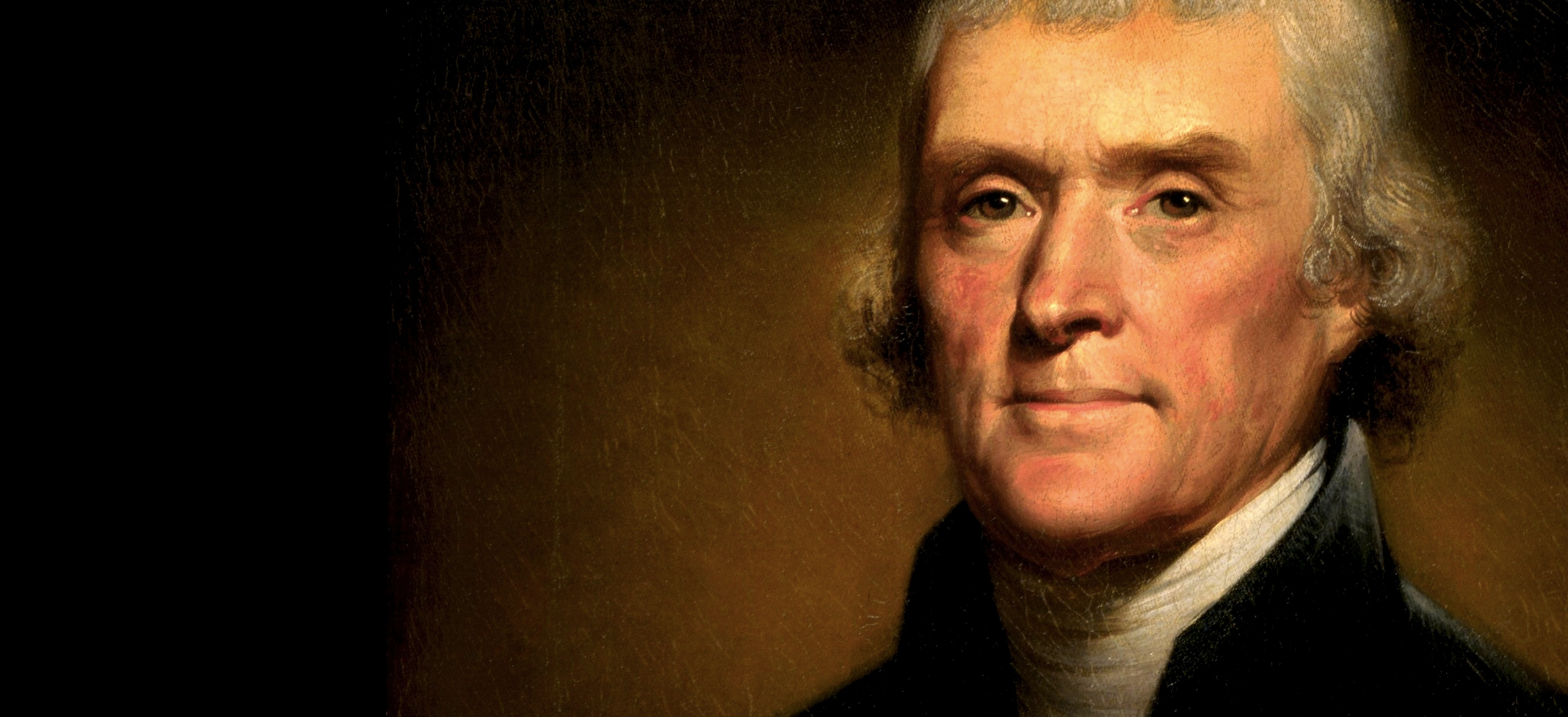The schools of the Southeastern Conference are planted firmly in gun country, but a bill signed last week that would allow firearms into the home stadium of the Arkansas Razorbacks generated such enormous blowback that the state’s governor said he would support a roll-back the day after he signed it.
Everything seemed to be on track for a quick fix until the National Rifle Association got involved. For the past three days, a group of lawmakers and representatives of Governor Asa Hutchinson, a Republican, have hunkered down in an attempt to come up with a politically palatable fix that eases pressure from constituents worried about the safety implications of armed fans inside giant sports stadiums — and potential sanctions from the SEC and National Collegiate Athletic Association — and the NRA, which has lobbied fiercely to sink any attempt to weaken the legislation.
On Tuesday evening, the House Judiciary Committee approved an amendment to the original bill that seeks to thread this needle. College sports facilities and other areas on campuses, such as hospitals, would remain obligated to accept firearms-bearing visitors, unless they submit a security plan to the Arkansas State Police for approval. The facilities would need to apply for an annual waiver that “would designate certain areas as a firearm-sensitive area where possession of a concealed handgun by a licensee … is prohibited,” the amendment says.
The bill will head to the House floor tomorrow or Thursday for a full vote.
Hours before the bill passed committee, SEC Commissioner Greg Sankey released a statement expressing his support for an exception for sports stadiums. “Given the intense atmosphere surrounding athletic events, adding weapons increases safety concerns and could negatively impact the intercollegiate athletics program at the University of Arkansas in several ways, including scheduling, officiating, recruiting and attendance,” he wrote.
At least eight states, including Texas and Colorado, allow the carrying of concealed firearms on college and university campuses. Each state carves out exemptions and most, it appears, allow colleges to set their own rules about whether firearms can be brought into sports stadiums, which can hold tens of thousands impassioned fans on gamedays.
The Arkansas measure took that decision out of the hands of university presidents, forcing them to accept guns inside sports facilities, so long as certain conditions are met: the carrier is licensed and has taken an eight-hour training class. These same conditions apply to anyone who wants to carry a firearm on a college campus in the state. In this respect, the requirement is stricter than most. The NRA says it opposes the additional training and age mandates.
The new law also allows concealed carry holders to bring firearms inside hospitals, bars, daycare centers, and the state capitol.
The signing of the original bill led to immediate, widespread media attention, with some commentators calling for the SEC and NCAA to sanction the University of Arkansas’ sports teams — which would be highly unwelcome in a football-mad state.
Last Thursday, a measure that would amend the freshly minted campus carry law to exclude college stadiums and hospitals flew through the Senate. Governor Hutchinson, a staunch gun-rights supporter, said it addressed “the concerns expressed by many Arkansans.”
Hours after the ammended bill passed the Senate, an NRA spokesman told reporters that the organization “adamantly opposes” the new legislation. The following day, on Friday, the NRA’s top lobbyist, Chris Cox, appeared on local talk radio saying the new bill was “a travesty with regards to not only the legislative process but the Second Amendment and law abiding gun owners.” And over the weekend, the gun group issued an alert urging Arkansas voters to contact their representatives on the House Judiciary Committee, which will decide whether to advance the proposed law to the floor, to oppose the bill.
Arkansas lawmakers must now consider whether they want to run the political risk of defying the gun lobby. Seventy-three percent of the state’s legislature has an NRA grade of A- or better, according to a November analysis by The Trace. Grades are used by the gun group as a way to keep lawmakers loyal to the organization’s agenda, which at the state level centers on expanding the right to carry firearms in public places.
David Wallace, a state senator from Leachville, voted for the ammended bill that passed through his chamber on Thursday. He said he was motivated to prohibit guns in public teaching hospitals.
“Sometimes there’s just a place where you don’t need to have [firearms],” he said, adding that he is not sure that a college sports stadium is one of them.
Wallace acknowledged that he and other senators had had conversations with NRA representatives prior to the vote, and knew that they were risking a downgrade their rating.
“I’m sure it will hurt me,” he said.
Wallace said he understood the NRA’s point of view, but said concerns about firearms in hospitals swayed him more.
“I’m down here making the hard votes,” he said.
Representative Charlie Collins of Fayetteville, the Republican who authored the original campus-carry legislation, said in an interview with The Trace earlier on Tuesday that the committee is working to understand “exactly how it would apply in complicated situations.”
One such complication is that alcohol is served at the University of Arkansas’ stadium.
“We’re not condoning drunk carrying just like we don’t condone drunk driving,” Collins said.
Representatives from the NRA, Governor Hutchinson’s office, the NCAA, and the SEC declined to comment.


